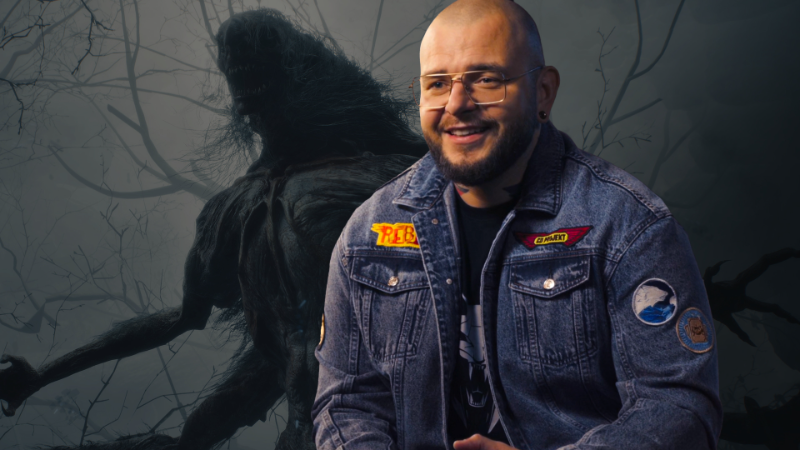Milwaukee county is being sued over ordinance that requires a allow to play AR apps like Pokemon Go in public areas.

Pokemon Go had it justifiable share of hassle when it was launched, however it wasn’t a buggy launch that was inflicting issues.
PokeStops and Gyms have been popping up in inappropriate areas and gamers have been being a common nuisance by blocking roads and trespassing on personal property. That calmed down considerably when Niantic began taking requests for PokeStops to be removed.
But wasn’t sufficient for everybody, and in February, the county of Milwaukee introduced in an ordinance requiring makers of AR apps like Pokemon Go to fill out a 10-page allow utility to permit their video games to be performed in public areas.
The permits can price as much as $1000, and the devs should estimate crowd measurement, and the dates and occasions that gamers might be in public areas. They even have to simply accept full legal responsibility throughout “events” and will need to have plans for emergency medical care and rubbish clean-up.
Candy Lab AR, maker of AR title Texas Rope ‘Em, is suing the county on the grounds that the ordinance is a violation of the primary modification, in response to arstechnica.
“They are tying to shoehorn us into this existing permitting scheme for events that are finite in time,” mentioned their lawyer Brian Wassom. “They’re passing two-dimensional laws in a three-dimensional world.”
Although video video games are protected by free speech, the county argues that AR apps aren’t video video games.
“No court has yet determined whether an augmented reality game receives First Amendment protection,” they mentioned.
“The reason that video games receive First Amendment protection is because they communicate ideas and messages through literary devices or through features distinctive to the medium. …In other words, video games will be protected under the First Amendment if they include sufficient communicative, expressive, or informative elements to fall at least within the outer limits of constitutionally protected speech.”
Niantic has commented on the state of affairs, saying that “continued innovation and accountable sport play, moderately than regulation, is the way in which that builders, gamers, and their communities will notice the potential of this expertise for civic engagement, artistic expression, and well being.
“We have worked with parks departments, in Milwaukee and other communities, to optimize the distribution of gameplay including removing or relocating some gameplay locations while adding new ones in other areas and also by adding the ability to control the hours of operation for game locations to conform with local rules,” they added.
Candy Lab’s concern right here is that they’ll’t precisely reply the allow’s questions at this stage, or afford the opposite prices that come together with the particular occasion utility.
The case will go to trial in April 2018 if a settlement can’t be reached.
Source

